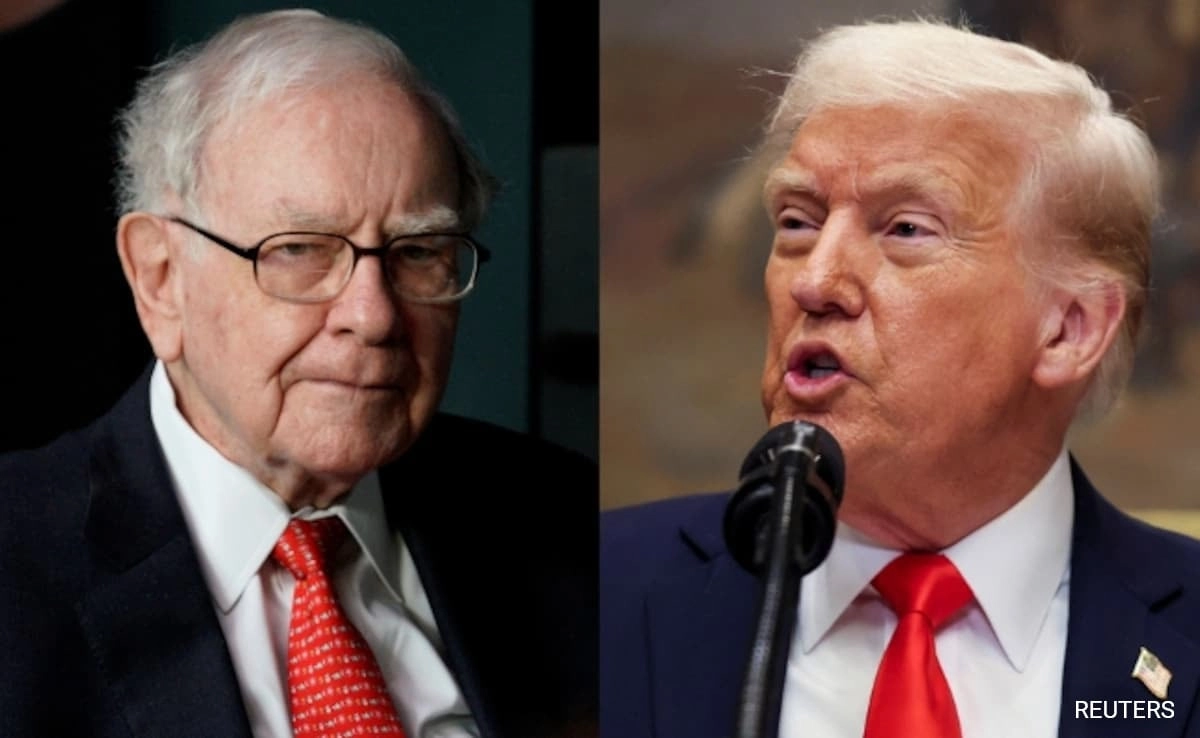In a recent statement, renowned investor Warren Buffett expressed his concerns regarding the escalating trade tensions, particularly in the context of the tariffs imposed during former President Donald Trump’s administration. Buffett, known for his sage insights on economic matters, emphasized the fundamental principle that trade should not be utilized as a weapon in international relations. He argued that imposing tariffs and engaging in trade wars not only disrupts economic stability but also undermines the cooperative spirit that is essential for global commerce.
Buffett’s perspective highlights the broader implications of trade disputes, which can lead to increased costs for consumers and businesses alike. Tariffs, often framed as protective measures, ultimately result in higher prices for goods and can stifle innovation and competition. The investor pointed out that rather than fostering mutually beneficial relationships, trade wars can create an atmosphere of uncertainty that discourages investment and growth. In his view, the focus should be on collaboration and open markets, which have historically driven prosperity and economic development across nations.
Furthermore, Buffett’s comments resonate with the idea that a healthy economy relies on the interconnectedness of global markets. By treating trade as a means of diplomacy rather than a tool for conflict, nations can work together to address shared challenges, such as climate change and public health crises. He advocates for policies that promote free trade, which he believes can lead to increased productivity, job creation, and overall economic well-being. In an era marked by rising protectionism, Buffett’s call for a return to cooperative trade practices serves as a timely reminder of the benefits of collaboration over confrontation.
In conclusion, Warren Buffett’s remarks serve as a crucial reminder of the importance of maintaining open channels of trade and the dangers of using economic measures as weapons. The lessons from history demonstrate that trade wars can have far-reaching consequences, not only for the nations directly involved but also for the global economy at large. By prioritizing dialogue and cooperation over tariffs and trade barriers, countries can foster a more stable and prosperous economic landscape, ensuring that trade remains a force for good rather than a source of tension.




